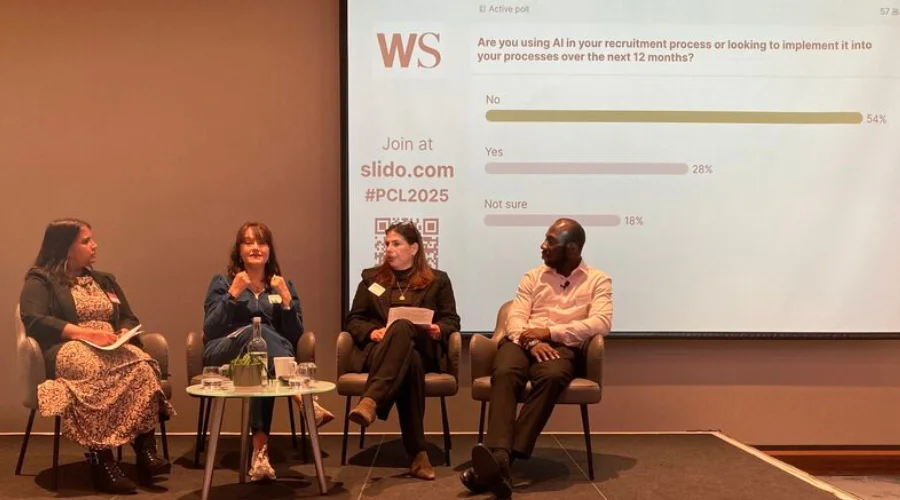
Quick CV Dropoff
Want to hear about the latest non-profit and public sector opportunities as soon as they become available? Upload your CV below and a member of our team will be in touch.

but when we haven’t done that in a while, it can be quite enlightening, noticing detail about our employment history and skills that we have developed along the way.
It is important to know the difference.
Hard skills – these are broadly life skills that have been gained through work (paid and unpaid) or education. They are learned skills gained through experience, or by undertaking training and qualifications. Hard skills are measurable and are often displayed through technical knowledge and commonly linked to particular jobs or professions. Examples – Accounting qualification, data management, German speaking, copywriting.
Soft skills – in contrast to hard skills, soft skills are personality traits and habits that are more innate and unique to us as individuals. Soft skills are less measurable than hard skills and often relate to how we interact with other people, commonly referred to as ‘people-skills’. Examples – empathy, teamwork, adaptability, confidence.
Transferable skills – these are more general skills that are often applicable to a variety of jobs and not unique to a specific job or vocation. These skills are more interchangeable and flexible, in that you can demonstrate how such skills can be relevant for multiple roles or within different job functional departments. Examples – negotiations skills, general numeracy skills, problem-solving skills, listening skills, leadership skills and resilience.
For more advice on CVs, interviews, and other career and employability related topics, please visit our website.
Contact us if you would like to talk about your skills and experience and get advice on how you can best showcase this on your CV.